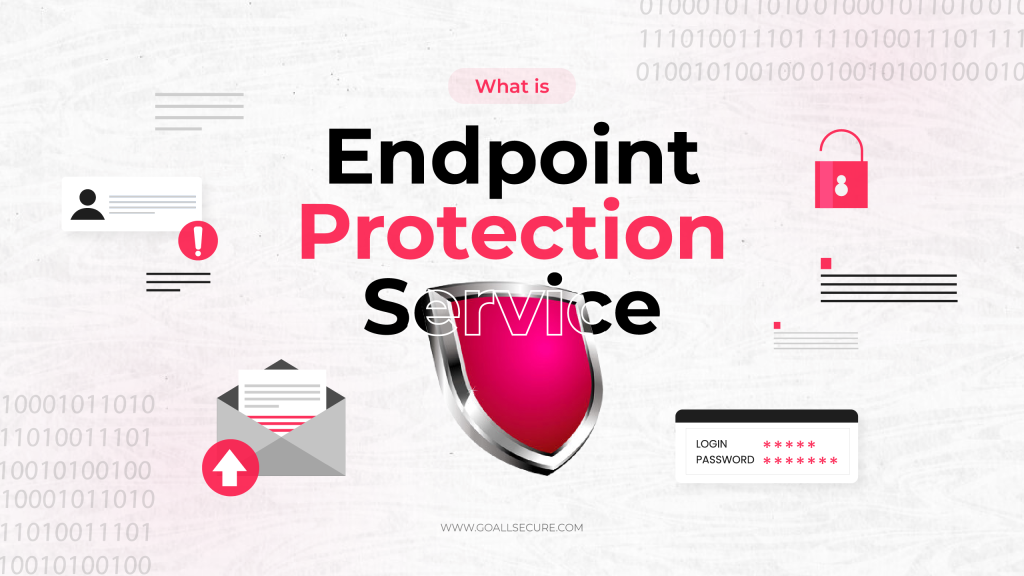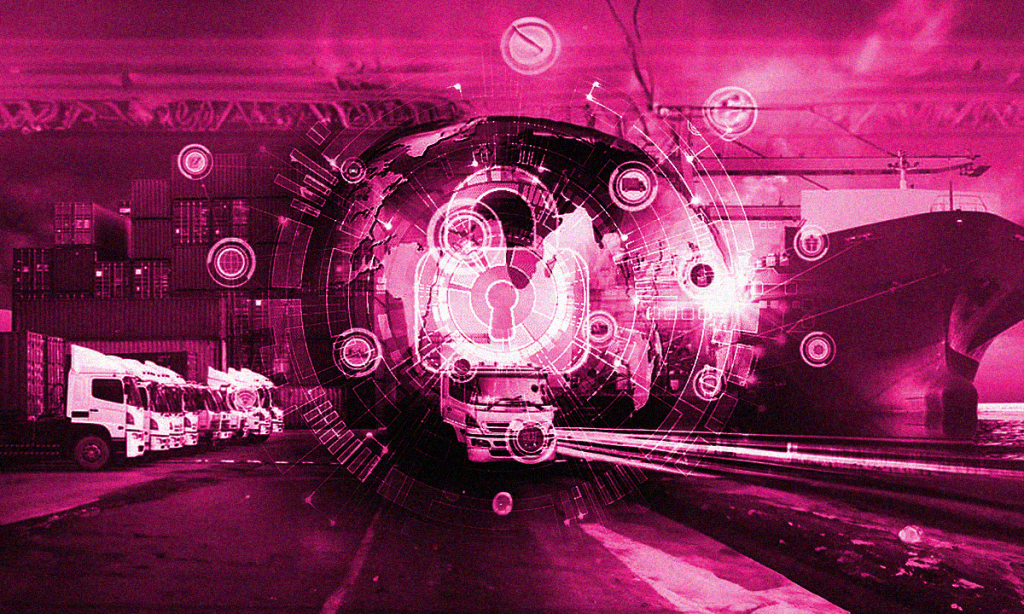If I say the transport and logistics industries are the backbones that hold the world economy together, it won’t be called reaching. The industry is a strong pillar that keeps the economy flowing. But if it were to be hacked, the world could go upside down. Most countries depend on the transport industry to get their people food, medicine, and other life-essential goods. In this interconnected world economy, the transport industry is the thread that connects it all. That’s precisely why the industry is at greater risk for cyber breaches and thefts. In this blog, we will discuss at length what the risk factors are for the industry and what needs to be done to make the industry cyber-safe.
Understanding the Transport and Logistics Industry and the Cybersecurity Risks It Faces
The transport and logistics industry is a multifaceted sector that encompasses various components and services related to the movement of goods, people, and information. It plays a crucial role in the global economy and includes key elements like:
Shipping and Maritime: The maritime sector includes shipping lines, ports, and terminals responsible for the transportation of goods via sea routes. It’s a critical component of international trade.
Aviation and Air Cargo: The aviation industry focuses on the transportation of passengers and goods by air. Air cargo services handle the shipment of goods via aeroplanes, ensuring fast delivery.
Rail and Freight Trains: Rail transportation plays a significant role in moving bulk goods and commodities over land. Freight trains are essential for transporting raw materials and finished products.
Trucking and Road Transport: Road transportation, primarily involving trucks and vehicles, is vital for the local and regional distribution of goods. Trucking companies are the backbone of the logistics industry.
Courier and Parcel Services: Courier companies specialise in the delivery of small packages and parcels, often providing express and door-to-door services.
Warehousing and Distribution: Warehousing facilities store and manage inventory before it’s shipped to its final destination. Distribution involves the process of getting products from warehouses to customers or retailers.
Collective Risks Faced by T&L Industry
The transport and logistics industry is vast and interconnected, with each segment playing a critical role in facilitating the movement of goods and people across local, regional, and global scales. It is a dynamic sector that continues to evolve, driven by technological advancements and changes in consumer and business demands. However, this industry is not immune to cyber threats. It faces a collective risk because if one component goes down, others too will feel the heat from it. Here are some of the key cyber security risks faced by the transport and logistics sector:
- Supply chain disruptions caused by targeted cyber attacks.
- Data breaches of sensitive information, including customer data, shipment details, and financial records.
- Classic phishing attacks to gain access to systems.
- Inadequate security on IoT devices exposes vulnerabilities that can be exploited by attackers.
- Vehicle hijacking of connected vehicles could potentially lead to accidents or cargo theft.
- GPS spoofing and jamming to misdirect vehicles and disrupt logistics operations
- Ransomware attacks demanding hefty ransoms for decryption keys.
- Third-party risks associated with vendors and partners
- Insider threat from employees with access to critical systems or sensitive data.
- Legacy systems that are old, unsupported, and riddled with vulnerabilities
Recent Cyber Attacks That Caused Significant Harm to the T&L Industry
Every cyber attack leaves behind unforgettable chaos, and the T&L industry has seen many of those recently. Some notable cyber attacks on the transport and logistics industries include:
Maersk Attack (2017): One of the world’s largest shipping companies fell victim to a NotPetya ransomware attack.
Bay & Bay Attack (2018): A trucking company faced a ransomware attack that cost it millions in the form of ransom, lost business time, and recovery costs.
CMA CGM Attack (2020): The French container shipping giant CMA CGM suffered a cyberattack that affected its IT systems.
Toll Group Attack (2020): Australian logistics company Toll Group experienced a ransomware attack that disrupted its operations. The company had to take its systems offline temporarily.
Canadian Pacific Railway Attack (2021): The railways were targeted in a cyberattack. While it did not lead to a significant disruption in operations, it underscored the growing threat landscape for the industry.
Colonial Pipeline Attack (2021): The attack led to the temporary closure of the company’s systems, causing a frenzy among residents over the gas shortage.
Transnet Attack (2021): A South African state-owned logistics company, Transnet, suffered a cyberattack that disrupted its port operations.
British Airways Attack (2023): A recent cyber breach caused havoc on British Airways, causing several delayed flights and stranded passengers.
These examples demonstrate that the transport and logistics industry is not immune to cyber attacks, and the consequences can range from operational disruptions to financial losses. Cyber security remains a critical concern for this sector, and companies need to invest in strong security measures and incident response plans to protect their operations and the supply chain.
How Can Cybersecurity Be Helpful to the Transport and Logistics Industry?
Cyber security can provide significant benefits to the transport and logistics industries by addressing vulnerabilities and protecting critical operations. It not only protects sensitive data but also helps maintain the integrity and efficiency of operations. By investing in cyber security measures, organisations in this sector can ensure the smooth and secure flow of goods and information while mitigating the risks associated with modern cyber threats. Here’s how cybersecurity can benefit this sector:
- Protection of data and information
- Prevention of disruptions
- Secure the supply chain
- Protection of IoT devices
- Resilience against ransomware
- Enhanced operational efficiency
- Compliance with regulations
- Minimised insider threats
- Real-time threat detection
- Enhanced customer trust
- Better adaptation to new threats
- Secure communication for efficient coordination
In summary, cyber security is an indispensable component of the transport and logistics industries.
Preventative Measures Against Malicious Cyber Threat Actors
The transportation and logistics industry is now in greater danger from cyber attacks due to the increased adoption and reliance on interconnected digital technology. There is a need to incorporate cyber security measures from the design phase all the way through the installation of new systems and technologies. To mitigate these cyber security risks, transport and logistics companies should invest in robust cyber security measures such as:
- Increased focus on cyber security
- Adopting intelligent automation
- Providing employee awareness and training
- Developing a customised cyber security policy
- Establishing network segmentation
- Conducting regular vulnerability assessments
- Implementing proper access controls
- Developing an incident response plan
- Robust third-party vendor management
As threats to the transportation sector are growing at an alarming rate, it has necessitated a more systematic and actionable approach towards security. Collaborating with cyber security experts and staying informed about emerging threats is crucial for protecting this critical industry from cyber attacks. GoAllSecure is a trusted partner for many companies, and we can be the same for you. We can handle all your cyber-security-related issues and also take away those frown lines. Don’t be afraid to get in touch with our team for your cyber security needs. We have all the resources to defend you against threats. For more information about us, kindly call us at +91 85 2723 7851 or +44 20 3287 4253.

















 TRAVEL & HOSPITALITY
TRAVEL & HOSPITALITY HEALTHCARE
HEALTHCARE RETAILS & ECOMMERCE
RETAILS & ECOMMERCE BANKING & FINANCIAL
BANKING & FINANCIAL AutoMobile
AutoMobile MANUFACTURING
MANUFACTURING FOOD
FOOD EDUCATION
EDUCATION



